There are great queer novels published every year but this one saw a fantastic crop of spectacular stories, with a number of gay and lesbian novelists proving ever more ambitious. The long list of nominees for the Man Booker Prize this year (the UK’s top award for contemporary fiction) saw three queer-themed novels, with one of them the eventual winner.
The trouble with year-end “best of” lists is, of course, that it’s entirely subjective. I certainly didn’t read every queer book published this year and certainly have no authority to call anything “the best.” But nevertheless, here are ten novels that demonstrated how brilliant queer writing can be, ten novels that deserve to be read and discussed widely.
A Little Life by Hanya Yanagihara
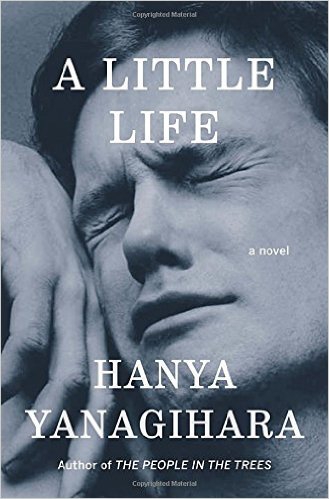
Shortlisted for the Booker Prize, this sprawling novel starts out among four upper-class college friends but soon grows darker as it reveals a painful history of abuse. Some beautiful passages here and a reminder that our friends are always our best hope for survival.
All Inclusive by Farzana Doctor
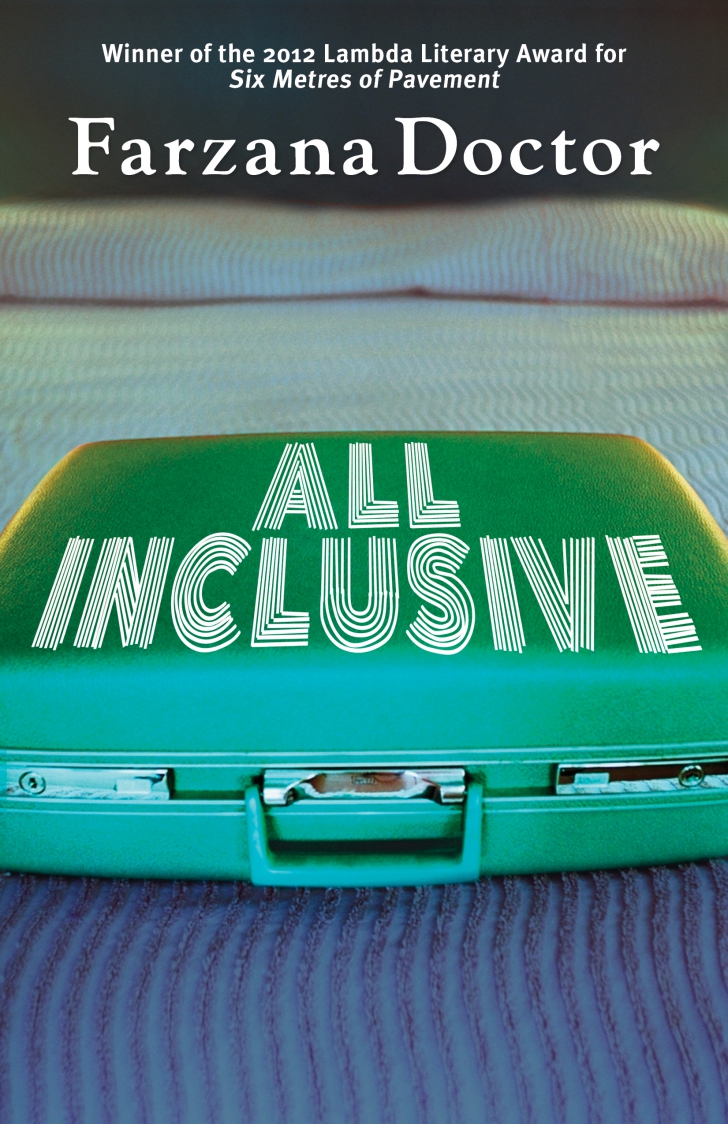
A workplace comedy of errors, a tale of sexual awakening, a family tragedy and a supernatural twist all collide in Doctor’s deceptively light and fizzy but ultimately soulful story about the need to balance our inner and outer selves in life. Of all the books on this list, it’s the most purely enjoyable read and one of the savviest about human nature.
The American People, Volume 1: Search for my Heart by Larry Kramer
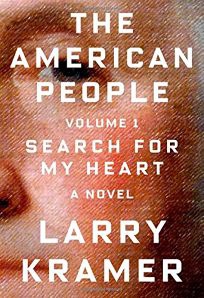
“Volume One?” This book is over 800 pages long! But as much as it could probably have used a stronger editor, the novel Larry Kramer has been working on since 1978 is not lacking in ambition, telling the story of American homosexuality itself, including native shamans, a queer Lincoln, and McCarthy in the closet. In a just world, this sprawling opus would become the basis for some James Michener-style TV miniseries.
Under the Udala Trees by Chinelo Okparanta
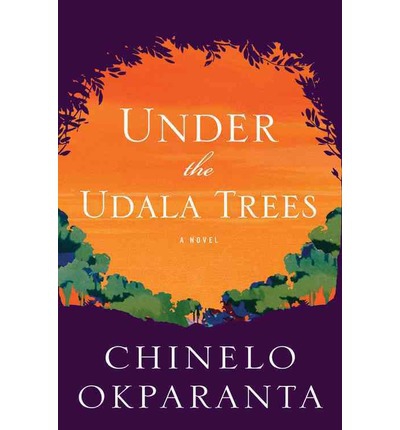
In a time of civil war, two Nigerian women fall in love. Simple and perfect, but as the author said in a recent interview, “After the publication of this book, I’ve been shocked by a handful of people here in the United States who have come up to me and said things along the lines of, “Well, we’ve moved on from that. Same-sex marriage is now legal in the United States, so what’s the point writing that book?” As if there’s no longer a need for stories of love and freedom in any country.
Mouthquake by Daniel Allen Cox
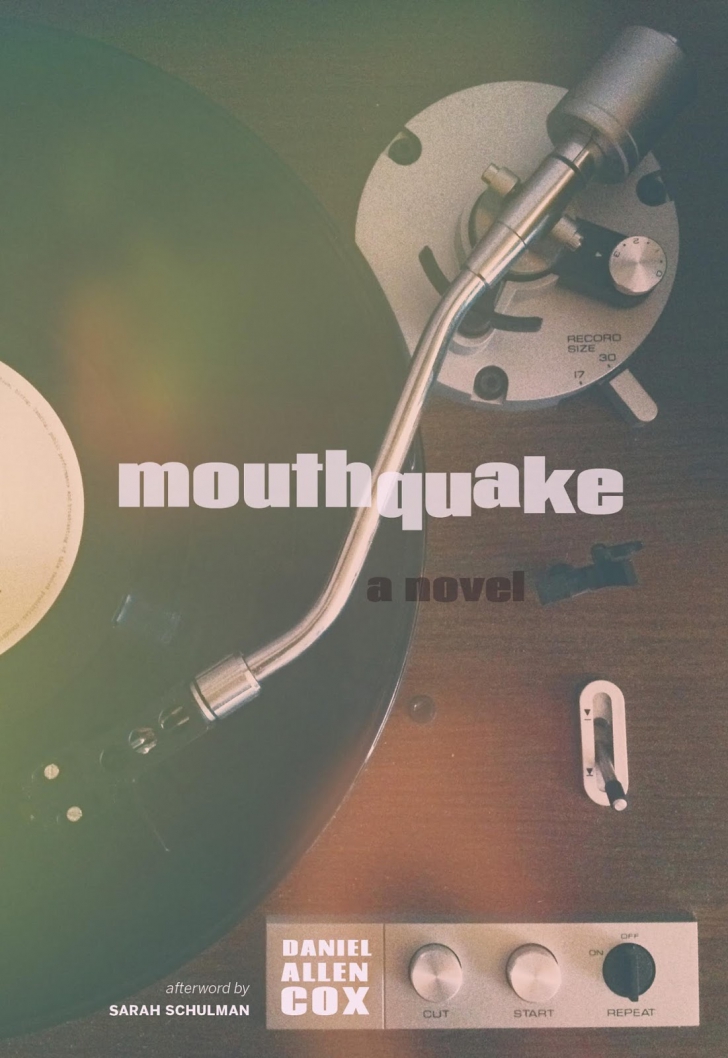
“What does frost look like as it settles into a cerebral cortex?”
In its own way, Cox’s latest novel is as ambitious as Kramer’s but emotionally complex instead of historical, brief and mysterious instead of expansive and ranting. Cox’s book is a kaleidoscopic ode to queerness, Montreal, deafness, language and a giant homeless man dubbed the Grand Antonio, in a deft mixing of real-life history and visionary fantasy.
Boo by Neil Smith
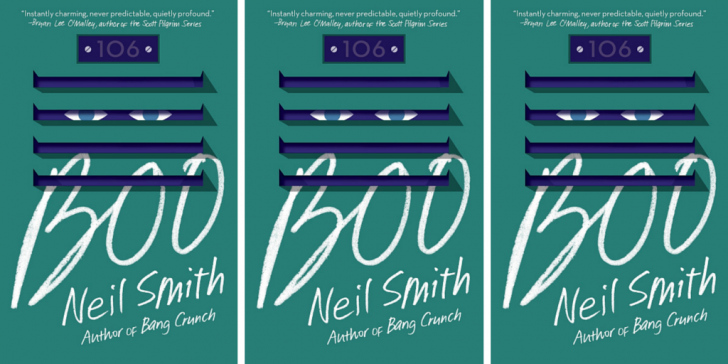
What seems like another young-adult novel about a 13-year-old social misfit bullied at school becomes an eerie meditation on life, death and mental illness as Smith reveals what actually happened to its hero at school that day. In his quest for revenge in a strange new town, young Oliver (nicknamed Boo) faces the darkness of modern-day America.
The Gap of Time by Jeanette Winterson
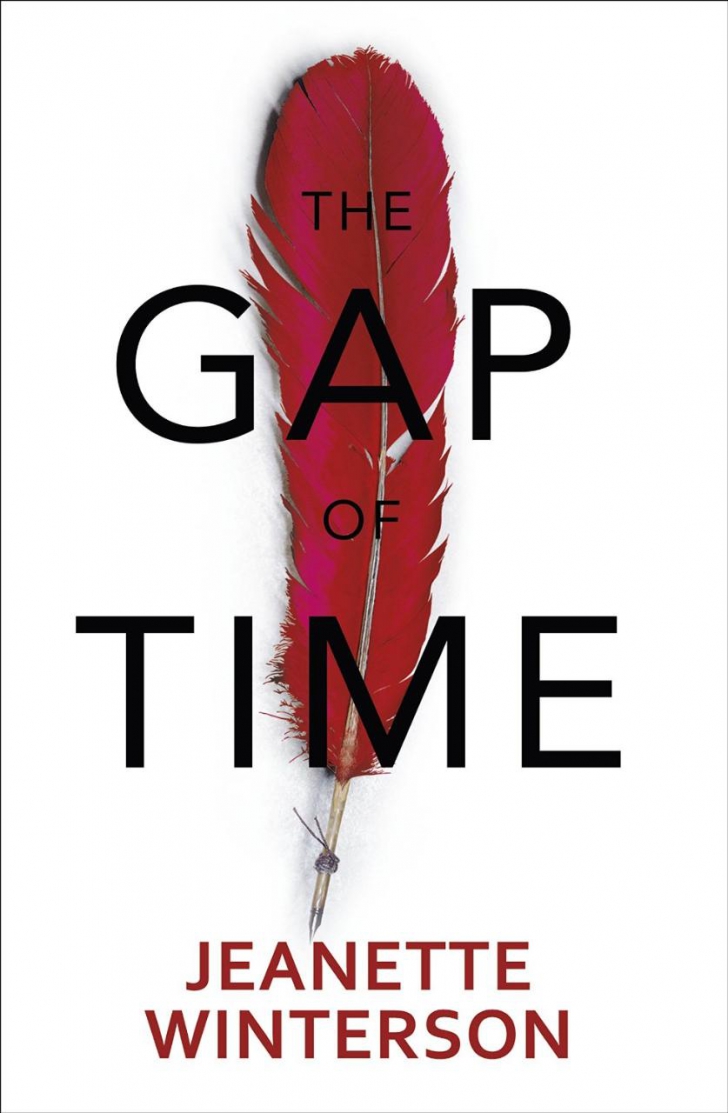
Shakepeare’s The Winter’s Tale retold in the modern day by a queer literary giant. Need I say anything else? Even the off-the-cuff bits are great, like this debate over a round of Grand Theft Auto:
“Gaming is the best technology mated with prehistoric levels of human development . . . It’s all cars, fights, theft, risk, girls and reward . . . games are too passive. Books change the way people think about the world.”
“Not if they don’t read them, they don’t.”
“Why can’t games be a game-changer? . . . Why can’t a game make us understand more, see more, feel more? Don’t you want to feel something more than adrenalin?”
“Are you gay?”
And then later, a murder attempt. Winterson at play is a glorious thing.
A Brief History of Seven Killings by Marlon James
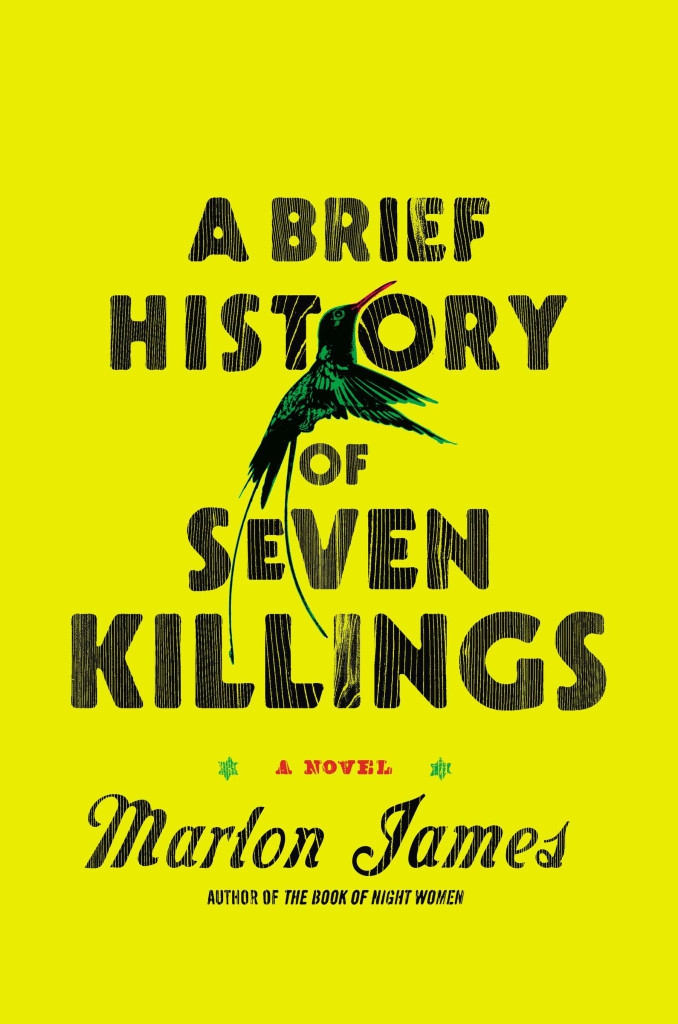
The winner of the Booker Prize, James’ novel is very loosely based on the life of Bob Marley, using that famed musician’s story to lay bare Jamaican society, including its dismal treatment of gay men. James himself came out and plans to follow up this international hit with what he’s calling “an African Game of Thrones,” which frankly, sounds awesome.
Carol by Patricia Highsmith
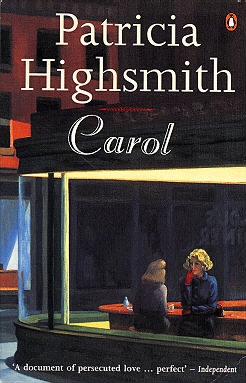
Okay, this one’s a bit of a cheat, since this was first published as a lesbian pulp novel called The Price of Salt back in the 1950s, but the new movie version from Todd Haynes has restored Highsmith’s preferred title and will hopefully introduce a new generation to her peculiar-yet-beautiful love story between a lonely woman and the shopgirl obsessed with her. Highsmith was always decades ahead of her time so adding her to a best-of list in 2015 feels only right.
J.D. by Mark Merlis
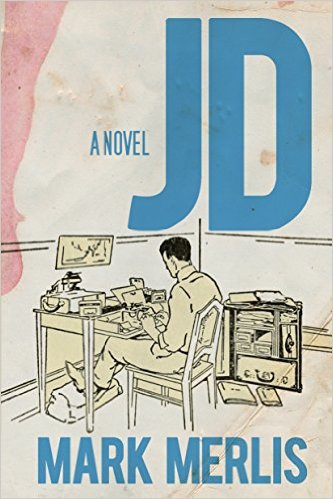
We still talk of gay history as pre-Stonewall and post-Stonewall but Merlis’ latest novel connects two men from those different eras through a set of journals, examining the disparities between our inner lives and how we’re viewed by others. One bathroom encounter in the 1960s between its hero and a self-loathing 22-year-old later becomes a philosophical conversation between friends:
“So, let’s see, you want a world where boys let you blow them and feel just fine about it.”
“I want a world where boys feel fine about whatever it is they do, because they see a way forward in the world. A common world they can grow into and know how to be a man in.”
Though his complicated characters, Merlis plays with the tension between tortured pasts and desired futures in every era.
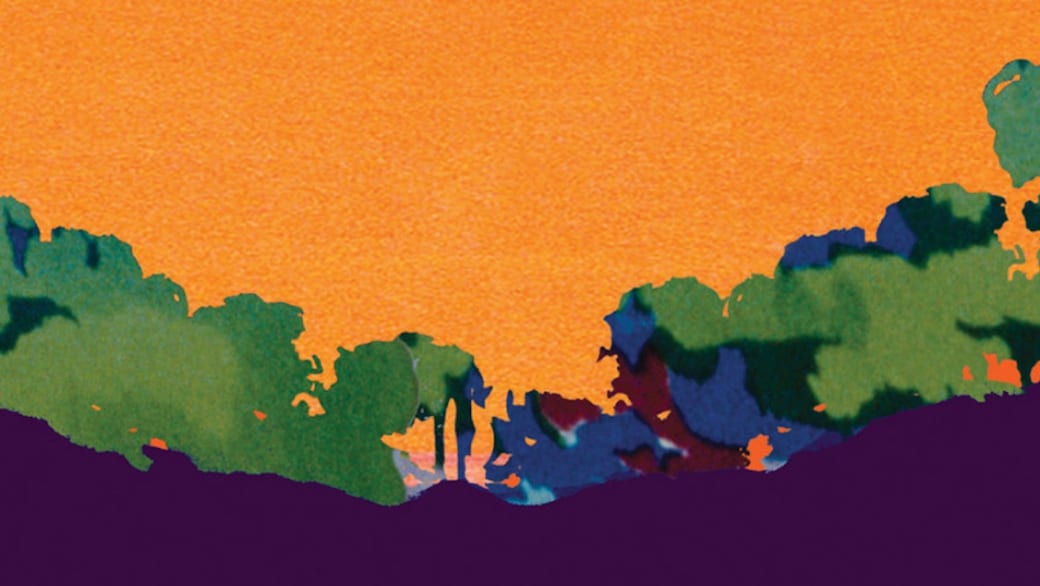

 Why you can trust Xtra
Why you can trust Xtra


